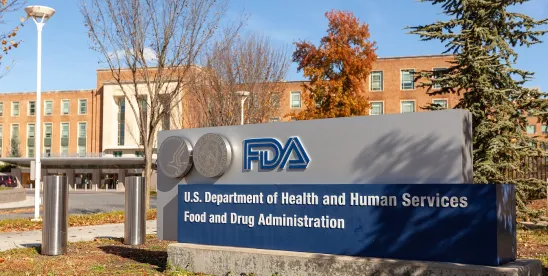- FDA Commissioner Robert M. Califf, along with Deputy Commissioner for Human Foods Jim Jones and Senior Clinical Advisor for Chronic Disease Haider J. Warraich, published an article recently highlighting the critical need for better research and action on ultra-processed foods (UPF).
- Carlos Augusto Monteiro and his team developed the NOVA classification system in 2009 which categorizes all foods based on the industrial processes they undergo into four groups. Group 1 consists of unprocessed or minimally processed foods, while Group 4 consists of “Ultra-Processed Foods.” Monteiro defines ultra-processed foods as, “formulations of ingredients, mostly of exclusive industrial use, typically created by a series of industrial techniques and processes.”
- However, there are a range of definitions being used for “Ultra-Processed Foods”, and as noted in the article, “[n]utritious foods such as whole grain bread may be considered ultra-processed, but they are not necessarily associated with the same negative health outcomes and indeed have shown to be beneficial.”
- This nuance is often overlooked in broad recommendations to avoid all ultra-processed foods, driven in part by a lack of research and consistent, clear definitions.
- The article notes that research shows an association between ultra-processed foods and diet-related conditions, however, causality still has not been determined.
- FDA is working to promote healthier diets through collaboration with the food industry, researchers, and public health advocates. As we previously blogged, FDA and NIH are holding a joint nutrition regulatory science workshop in December, where ultra-processed foods will be discussed. The article also notes that while FDA is waiting for further research on ultra-processed foods, the agency is actively addressing other prevalent nutrition issues related to UPF, such as added sugars, salt, and saturated fat. For example, FDA issued its draft guidance on Phase II Voluntary Sodium Reduction Goals and has proposed a rule to update the definition of “healthy” claims on front of package labeling. Addressing diet-related diseases is at the top of the agency’s priority list.
- Dr. Califf, Mr. Jones, and Dr. Warraich also call on researchers, public health and health care groups, advocates, industry, and the public to put tackling diet-related disease at the top of their priority list. “This includes pushing for high-quality nutrition research related to ultra-processed foods, as well as supporting and strengthening ongoing efforts focused on increasing consumption of nutritious foods that are limited in sodium, added sugars and saturated fat.”
FDA Commissioner Califf Calls for Better Research and Action on Ultra-Processed Foods
Monday, December 2, 2024
Current Public Notices
Published: 16 September, 2025
Published: 15 September, 2025
Published: 15 September, 2025
Published: 9 September, 2025
Published: 9 September, 2025
Published: 8 September, 2025
Published: 4 September, 2025
Published: 28 August, 2025
Published: 25 August, 2025
Published: 20 August, 2025
Published: 18 August, 2025
Published: 11 August, 2025
Published: 8 August, 2025
Published: 26 June, 2025



 />i
/>i

